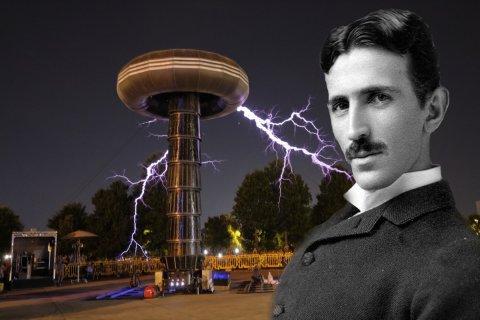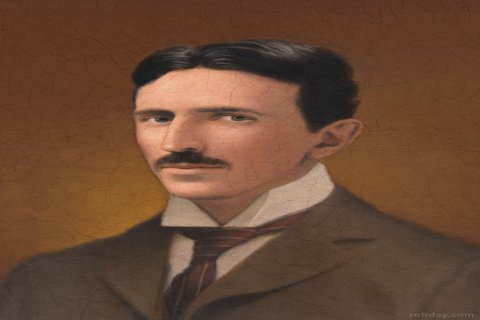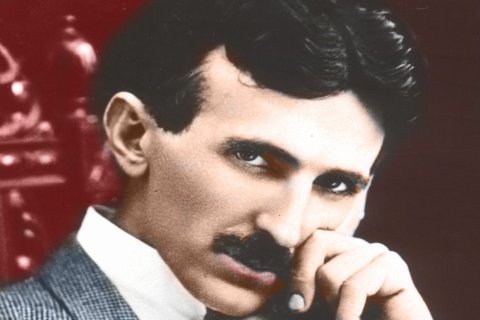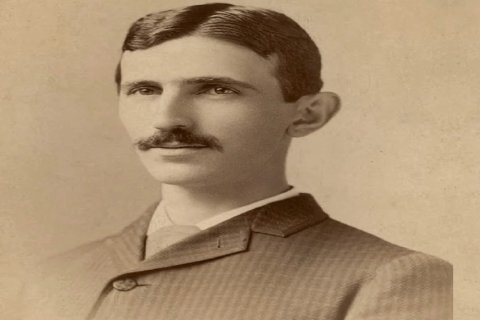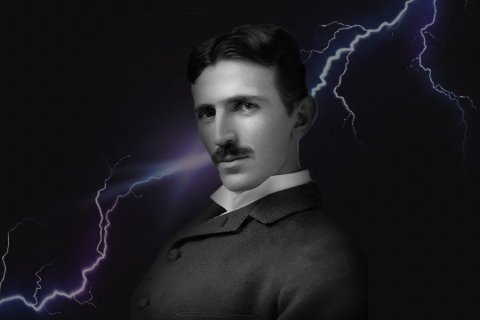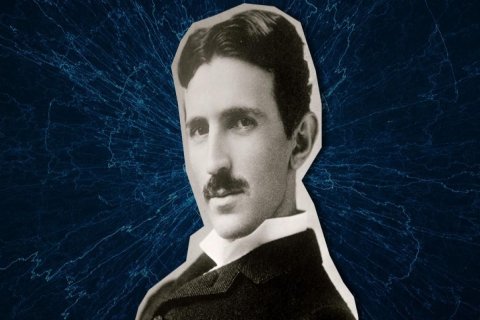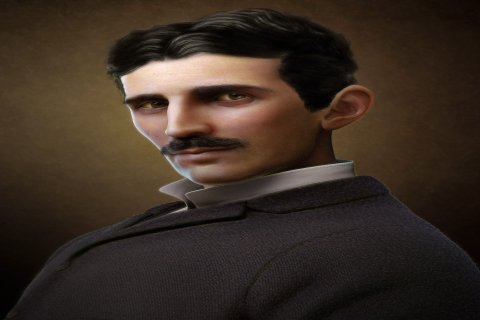Nikola Tesla
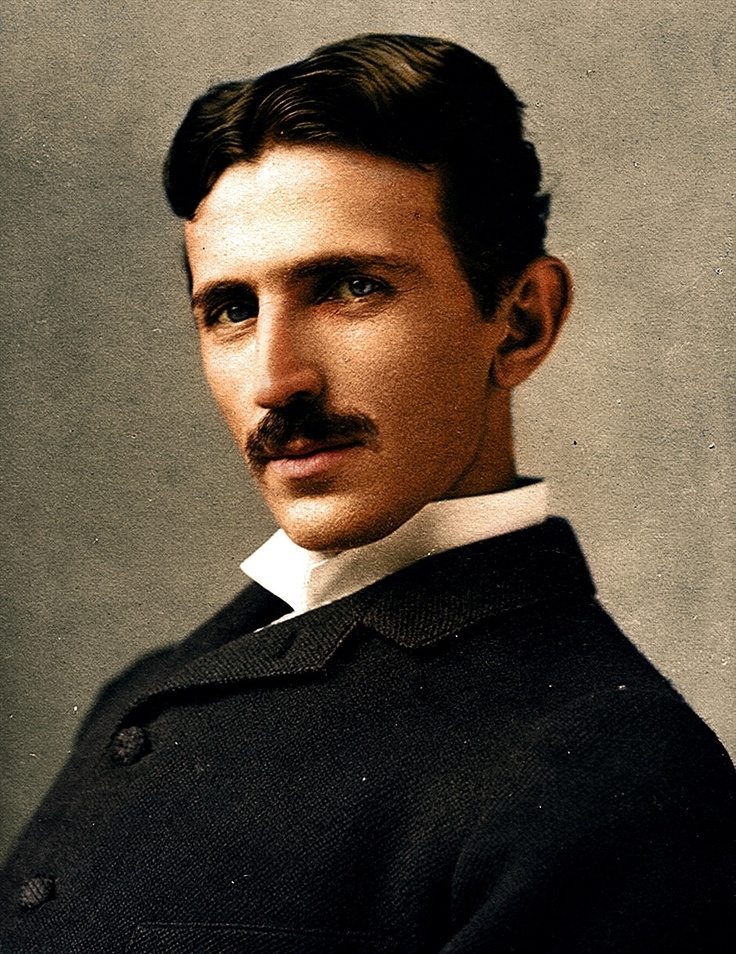
Nikola Tesla
Nikola Tesla (July 10, 1856 – January 7, 1943) was a Serbian-American inventor, electrical engineer, mechanical engineer, and futurist best known for his contributions to the design of the modern alternating current (AC) electrical system.
Tesla's polyphase alternating current (AC) system of electrical power transmission was a key development in the electrification of the world, and his AC induction motor is the most widely used electric motor today. Tesla's other inventions include the Tesla coil, a high-voltage transformer that produces electrical arcs, and the fluorescent lamp.
Tesla was a brilliant and eccentric man who was often ahead of his time. He was also a prolific inventor, holding over 300 patents worldwide. Tesla's work has had a profound impact on the world, and he is considered one of the most important inventors in history.
Early life and education
Nikola Tesla was born on July 10, 1856, in Smiljan, Austrian Empire (present-day Croatia). His father, Milutin Tesla, was a Serbian Orthodox priest, and his mother, Đuka Tesla, was a homemaker. Tesla showed an early aptitude for mathematics and physics, and he excelled in school.
Tesla attended the Royal Polytechnic Institute in Graz, Austria, where he studied electrical engineering. He graduated in 1878 with honors.
Early career
After graduating from the Royal Polytechnic Institute, Tesla worked for a number of companies in Europe, including the Continental Edison Company in Paris and the Budapest Telephone Exchange. In 1884, Tesla moved to the United States and began working for Thomas Edison's Edison Machine Works in New York City.
Tesla quickly became one of Edison's top engineers, but he soon became disillusioned with Edison's focus on direct current (DC) electrical power transmission. Tesla believed that AC was a superior system, and he left Edison's company in 1887 to start his own company, the Tesla Electric Company.
Development of the AC electrical system
Tesla's Tesla Electric Company developed a number of AC electrical systems, including the Tesla polyphase AC system of electrical power transmission. Tesla's AC system was more efficient and less expensive than Edison's DC system, and it quickly became the standard for electrical power transmission around the world.
In 1893, Tesla won the contract to build the world's first hydroelectric power plant at Niagara Falls. The Niagara Falls power plant was a major success, and it helped to solidify Tesla's reputation as a leading electrical engineer.
Other inventions
In addition to his work on the AC electrical system, Tesla invented a number of other devices, including the Tesla coil, the fluorescent lamp, the radio, and the remote control. Tesla was also a pioneer in the field of robotics, and he developed a number of remote-controlled boats and airplanes.
Later life and death
Tesla spent his later years working on a number of ambitious projects, including a world wireless communication system and a particle beam weapon. However, these projects were never completed, and Tesla died in poverty in New York City on January 7, 1943.
Legacy
Nikola Tesla is considered one of the most important inventors in history. His work on the AC electrical system has had a profound impact on the world, and his other inventions have also had a major impact on modern technology. Tesla was a brilliant and eccentric man who was often ahead of his time, and his legacy continues to inspire inventors and engineers today.

